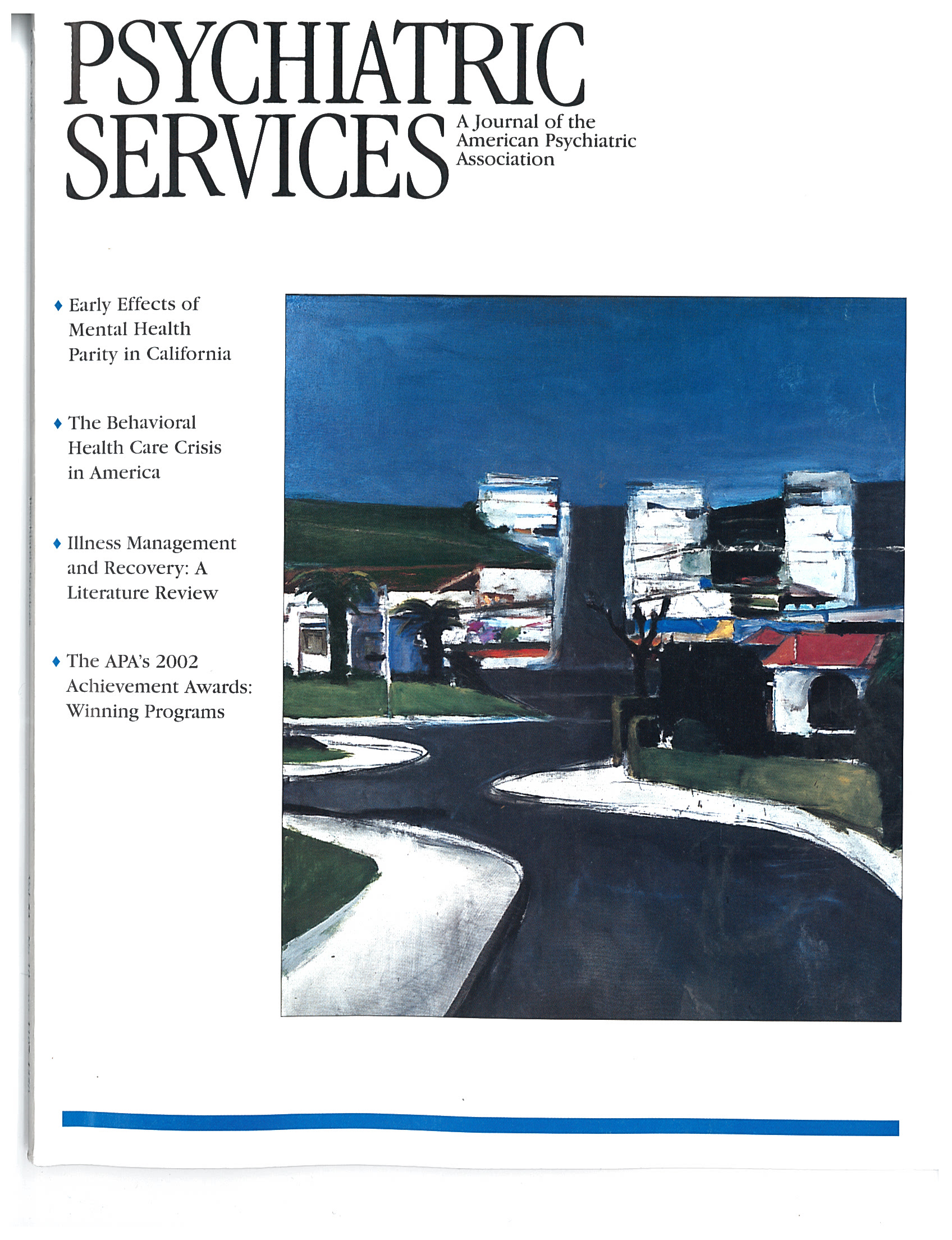Consider the following pairs of programs:
A group of five men lives in a unit on a campus of 500 special-needs residents, 200 of whom have mental illness. Staff are present at all times. The men leave their residence daily for programmed activities. The average length of stay is years. A co-ed group of five adults lives in a unit on a campus of 175 mentally ill residents. Staff are always present. The residents leave daily for programmed activities. The average stay is months to years.
A group of 16 adults lives behind a locked door under constant staff supervision. A daily schedule designates times for meals, medications, smoking breaks, and groups. Medications are administered by licensed personnel. Residents can go outside alone only if they have on- or off-ground privileges. The average stay is months to years. A group of 22 lives behind a locked door under constant staff supervision. A daily schedule sets fixed times for almost all activities. Medications are administered by licensed staff. The privilege of going outdoors without supervision is awarded on the basis of behavior. The average stay is months to years.
A group of 80 people living in a secured residence have various axis I diagnoses, dementias, or residual effects of substance abuse. Most are senior citizens with medical needs. The average stay is years. A group of 120 senior citizens live in a facility that they cannot leave without supervision. Individuals have various axis I diagnoses, dementias, or residual effects of substance abuse. Most have medical needs. The average stay is years.
In each pair, the first group is being treated "in the community" and the second in a state hospital. The differences between each pair are negligible. So what does it mean these days to be "in the community"?
Neither "community programs" nor state hospitals in and of themselves determine the degree of restrictiveness or integration. The U.S. Supreme Court was simply wrong when it said in the 1999 Olmstead decision that institutional confinement "severely diminishes the everyday life activities of individuals." Places don't do that. Attitudes do. As does programmatic structure.
Isn't it time we stopped moving people around just so they can be someplace we have traditionally referred to as the community? Isn't it time we worked to help everyone with chronic mental illness be part of their community, wherever that might be? Isn't it time we stopped paying so much attention to the walls and started paying more attention to what happens within them?

